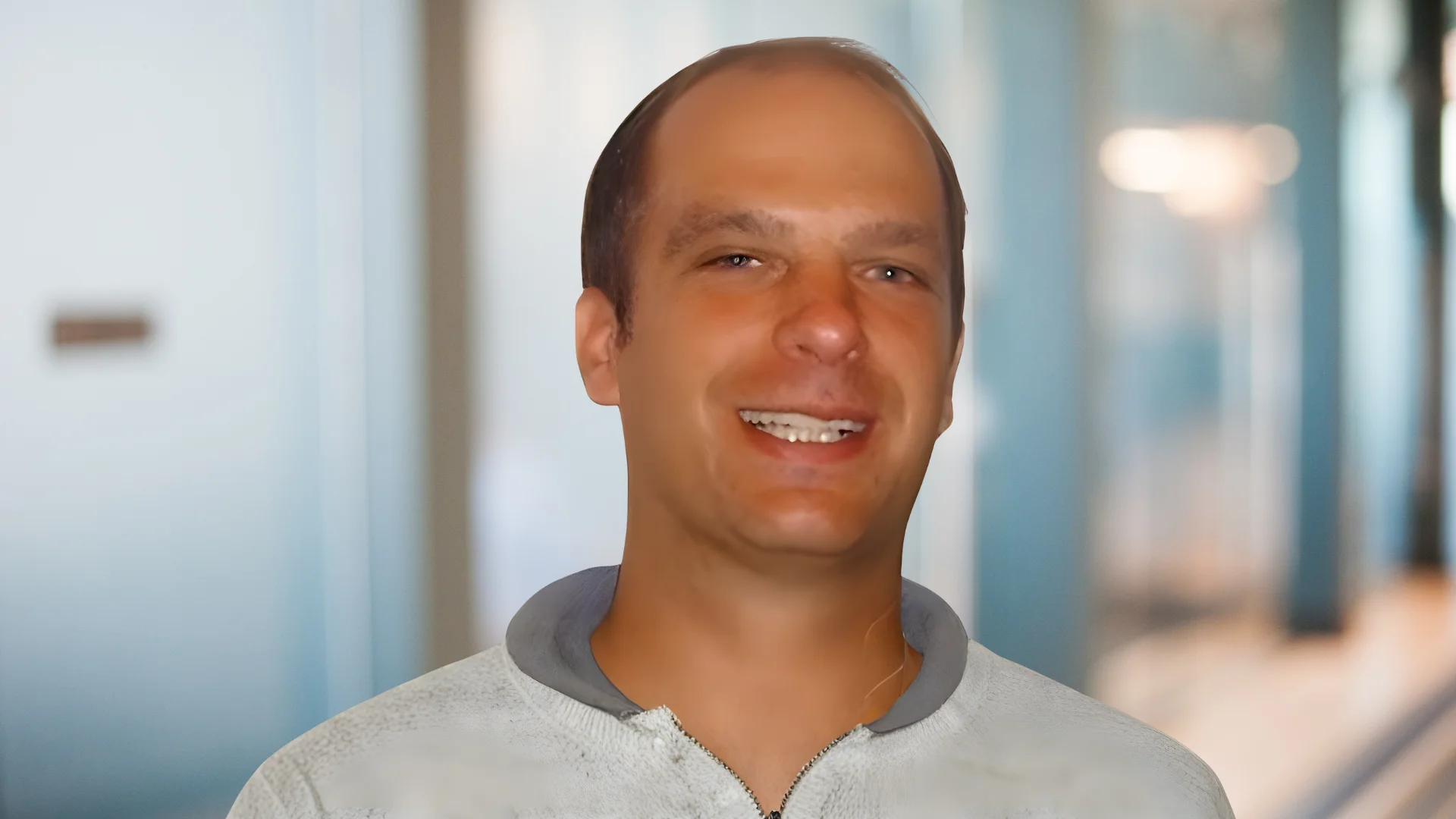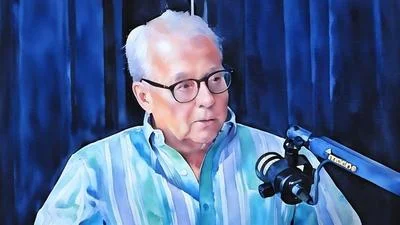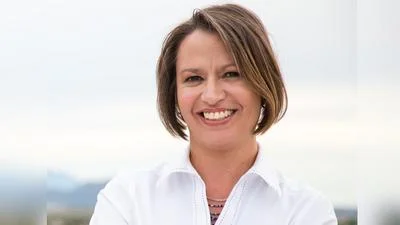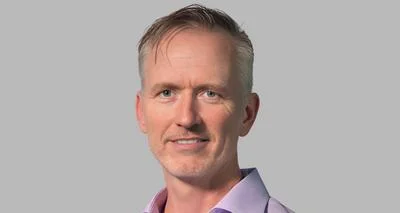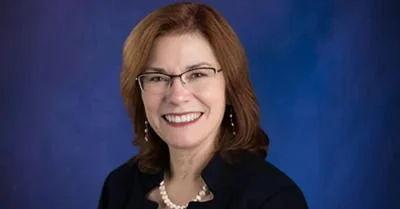Paul Gessing, President of the Rio Grande Foundation, a free-market think tank, said that New Mexico's provider shortages are part of broader national issues tied to third-party payment and regulatory growth. The statement was made on X.
"New Mexico's medical provider shortage is simply ONE aspect of the problem," said Gessing. "Nationally health care woes are driven by the 3rd party payer system and massive increases in regulations."
Between 2023 and 2025, New Mexico policymakers and health advocates have debated how regulatory burdens and third-party payer systems contribute to worsening provider shortages. Critics argue that malpractice costs, reimbursement delays, and administrative red tape discourage physician recruitment, particularly in rural regions. Proposals such as tort reform and joining interstate licensing compacts aim to address these access challenges, according to Source New Mexico.
New Mexico had 148.2 primary care physicians per 100,000 residents in 2024, compared with 515.6 in Washington, D.C., and 173.9 in neighboring Arizona. These figures show a significant workforce gap that limits timely care and contributes to healthcare access challenges in the state. The data were compiled by KFF and reported by Becker’s Hospital Review.
The American Medical Association’s 2024 Prior Authorization Physician Survey found that 78% of doctors said prior authorization often or sometimes causes patients to abandon care, while 35% reported staff spending over 14 hours weekly on paperwork. These findings link third-party payer systems to rising administrative costs, delayed treatment, and declining provider morale.
Gessing has served as president of the Rio Grande Foundation since 2006, focusing on healthcare reform, taxation, and regulatory policy from a free-market perspective. He previously worked for national policy groups promoting economic liberty and regularly provides commentary on government efficiency and health system costs.
The Rio Grande Foundation, founded in 2000, is a New Mexico-based nonprofit think tank promoting limited government, individual liberty, and economic opportunity. It researches state policy issues such as healthcare, education, and tax reform and collaborates with national policy networks to advance market-based solutions.
